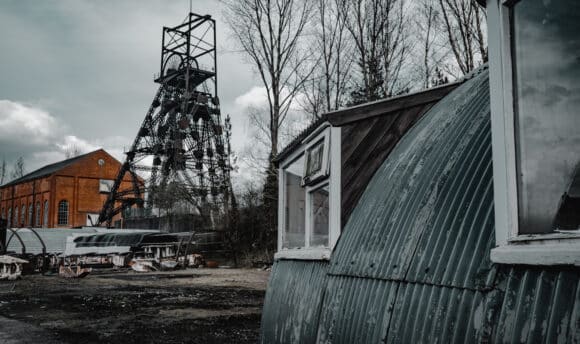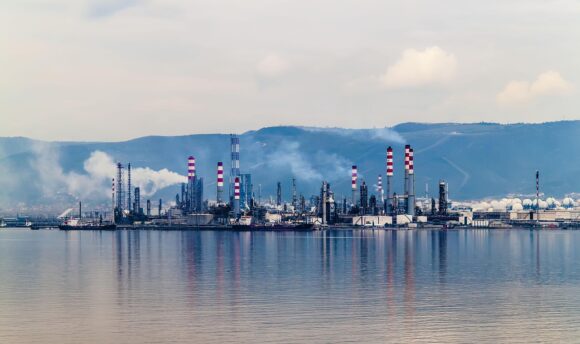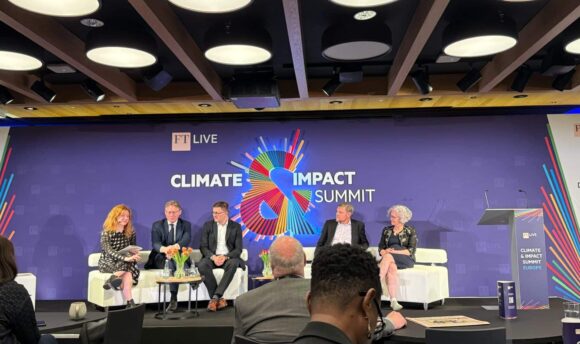Asia is Ground Zero of the global coal fleet. Two thirds of the world’s coal power plants are located in the region, and another 585 plants – 76% of the global pipeline – are still under construction or in the planning phase in Asia.
The Intergovernmental Panel on Climate Change (IPCC) is clear on how many coal power plants can still be built if we are to limit average global temperature increases to 1.5 degrees Celsius: none. According to the mainstream scenario in the IPCC’s most recent report, 75% of the existing coal fleet need to be retired by 2030 and most of the rest, by 2050.
The IPCC has called on all actors in society to take “unprecedented” action to accelerate the transition to a low-carbon economy. The insurance industry has a special responsibility to support the global shift from coal to clean energy because it plays an important role in shaping the future of the global power sector, and has warned about climate risks for more than 40 years.
In the last two years, European and Australian insurers have started to rapidly shift away from the coal sector. At the end of March, QBE became the 11th carrier to adopt a policy restricting its cover to the coal industry. Willis Towers Watson has found that this trend is starting to bite, and that the “reduction in available capacity [for coal] will invariably see upward pressure on rates and coverages”.
At least 13 insurers have also pledged not to insure the Adani Group’s gigantic Carmichael coal mine project in Australia or adopted policies to this effect. If built, the Carmichael mine would generate up to 4.6 billion tons of CO2 over its lifetime, violate the land rights of aboriginal people, and further damage the Great Barrier Reef, through which its coal would be exported.
Unlike many of their European and Australian peers, insurers from Asia and the U.S. have so far been missing in action when it comes to the clean energy transition.
On April 12 hundreds of power sector insurers are convening for the Asia Power Forum in Singapore. Among other topics they will discuss the future of coal insurance at a panel entitled, Coal is Dead, Long Live Coal! The title is as provocative as it is cynical. Insurers are familiar with the latest climate science and know that a failure to rapidly de-carbonize the economy will mean more deadly hurricanes, floods, droughts and wildfires as well as severe impacts on public health, food security and economic prosperity.
Through the Insure Our Future campaign, groups like Greenpeace, Market Forces and the Rainforest Action Network will escalate public pressure on insurers which continue to delay the transition from coal to clean energy solutions. Insurance companies which exit the coal sector will see a boost to their public reputations. Insurers which continue to cover coal projects on the other hand (let alone carriers which get involved with Adani’s toxic Carmichael project) can expect to be exposed as irresponsible laggards out of tune with climate science and public opinion.



